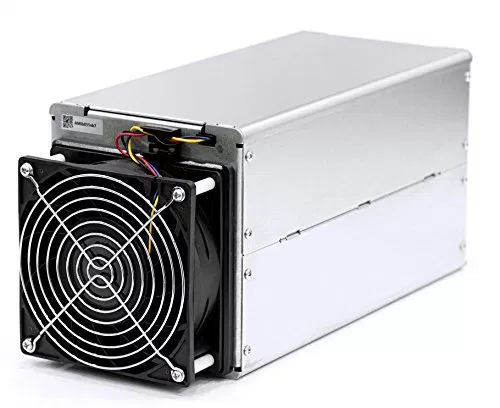So, what is a Blockchain?
In simple terms a blockchain is a distributed linked list, a public ledger. It is an ever growing list of data (often transactions) called blocks, which is secured cryptographically.
Different blockchains can store different kinds of data but most store, among other things, transactions as well as a reference to the previous block.
Blockchains have a few desirable properties; they are secure, immutable, decentralized, and trustless

OK, but where do these blocks come from?
This really all depends on the cryptocurrency involved. With Bitcoin (and many others) blocks are mined.
Transactions aren't the only thing blocks store. For mined coins blocks store the answer to a difficult mathematical problem, which is unique to each block. Mining is solving equations in an attempt to come up with the correct answer. When a miner correctly solves the problem they "mine" a new block and add it to the chain. This grants them new coins, as well as the fees for the transactions in the blocks. This creates a financial incentive to mine Bitcoin, you get bitcoin for successfully doing it.
Mining

Mining, or PoW (Proof of Work), isn't the only way to create new blocks. Some cryptos such as DASH, NEO, or ARK rely on PoS (Proof of Stake). Instead of solving mathematical puzzles to determine who creates the next block, PoS involves f weighted random selection by wealth and age. Effectively, the more currency you have and the longer you've had it increases your chance of creating the next block.
Proof of Stake
PoS aims to solve several problems with PoW. A growing criticism of Bitcoin and other PoW coins is energy consumption, running all those miners is getting expensive. Many argue it's a waste of resources and bad for the environment. PoS coins can be thousands of times more energy efficient and offer similar or even superior transaction times.
Which is better? PoW or PoS?
The argument is still raging.
Criticisms of PoW include potential 51% attacks, mining centralization, energy inefficient, and requires expensive hardware.
Criticisms of PoS include a small group of people controlling a majority of tokens/coins, unfair distribution, and potential income inequality.
What are your thoughts?
Coins mentioned in post: